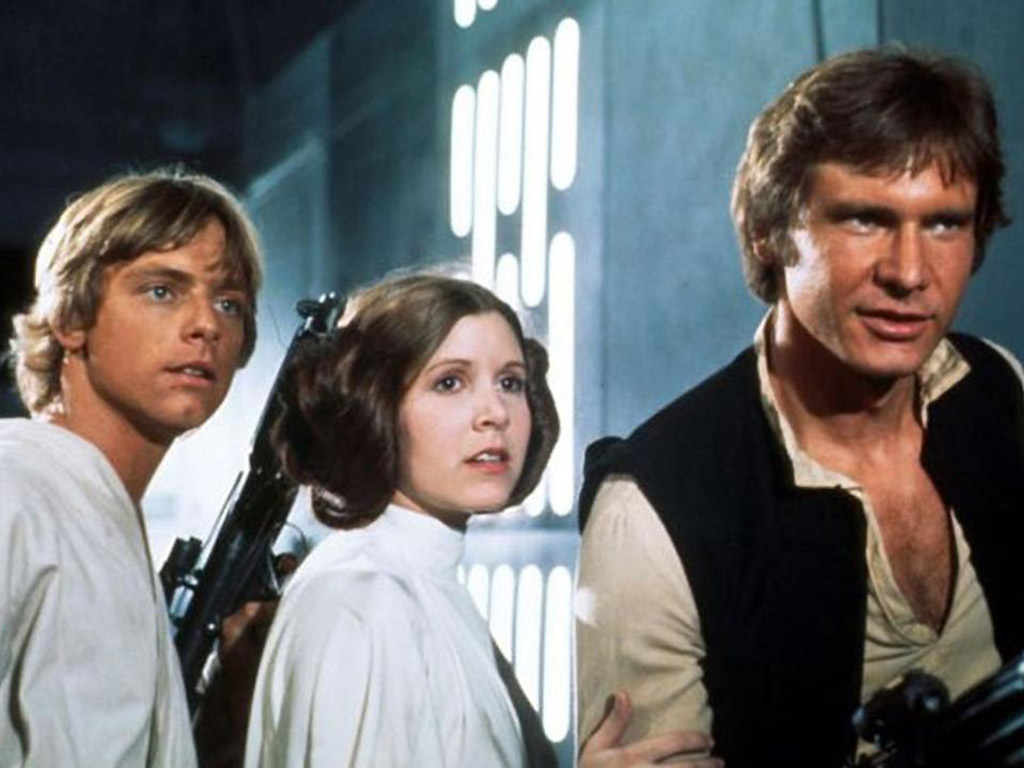With summer comes a familiar parade of cinematic tropes: the classic film reboot, the series that just won’t die, the ongoing, never-ending, isn’t-anyone-tired-of-these-yet superhero movie assault. Why do we get this barrage of summer cinema, year after year?

May, Not August
Among the top 100 summer blockbusters of all time, May dominates, while August lags behind. Intuitively, this makes sense — films with longer summer shelf lives tend to do better overall. There’s likely a self-fulfilling cycle at work here too, as studios see May success, then aim to release future movies in the same time frame.Still Growing
Has the golden age of summer blockbusters come and gone? The data says no.READ MORE: Free outdoor movies in Stanley Park 2016 lineup announcedEach new decade has a habit of surpassing the last, even when adjusting for inflation. The 2010s are already on pace to surpass the 2000s, and keep in mind that many films will get bumped to make room for the summer hits of 2017, 2018 and 2019.Note that Graphiq’s data source — Gracenote — does not have complete coverage for films prior to 1985, due to early inconsistencies in box office record-keeping. Many box office totals for classic films are still included in the dataset, but some are not, such as Jaws (1975). Additional research suggests the film would have swam its way into the top 50.
- Law (Taylor’s Version): 1st-ever Taylor Swift law course in Canada comes to Queen’s University
- Randy Bachman plans to auction off 200 of his guitars next month
- Taylor Swift surprises fans with double album, ‘The Tortured Poets Department’
- Hot Docs left out of budget 2024 funds as financial woes cloud arts organization



Comments